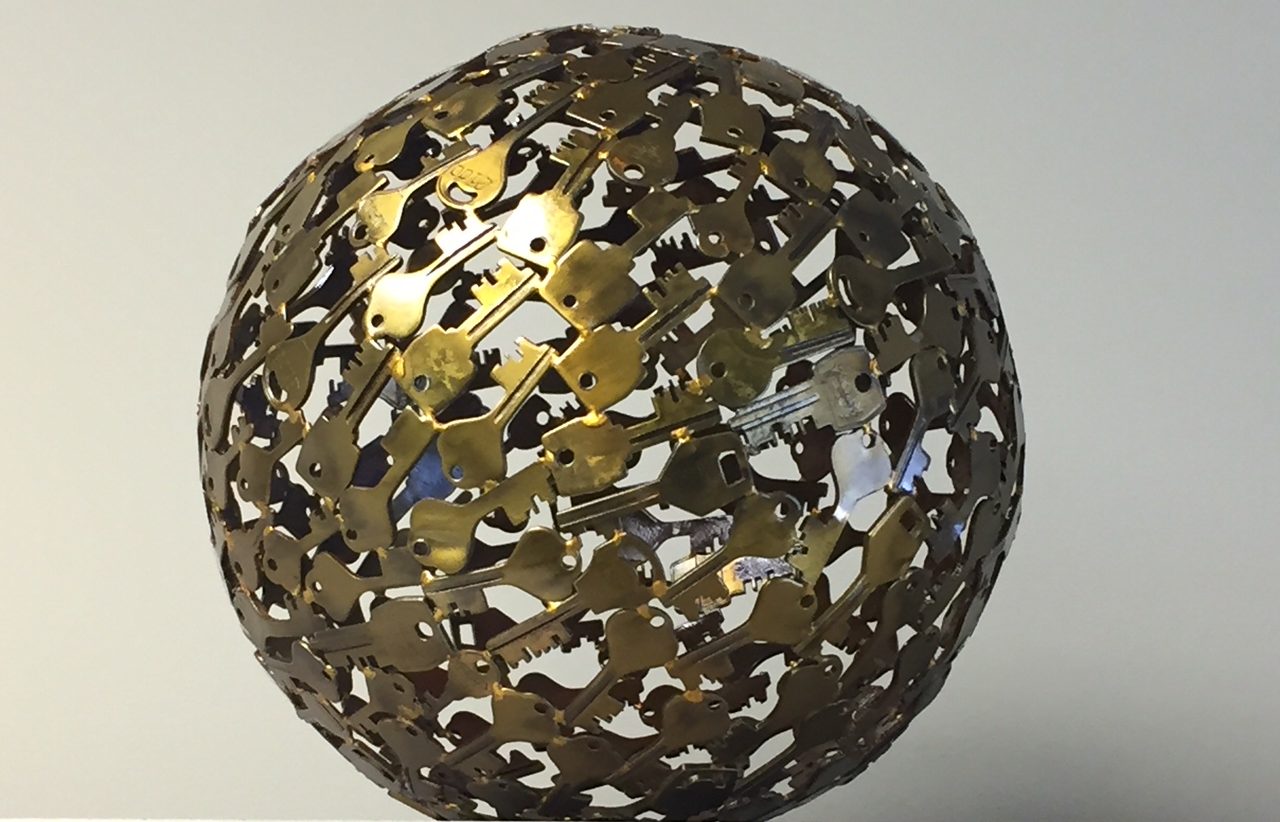Covid-19 can be spread by touching surfaces like door handles and exit devices which have been contaminated with this coronavirus and then touching our faces, but it is only just now becoming clear how long the virus can survive outside the human body.
As Covid-19 has spread, so has our fear of surfaces.
Cleaning regimes in hospitals, which were already stringent, have been increased. In offices, restaurants, and other facilities, disinfecting has been taken to a much higher level.
Like many respiratory viruses, including flu, Covid-19 can be spread in tiny droplets released from the nose and mouth of an infected person as they cough. A single cough can produce up to 3,000 droplets. These particles can land on other people, clothing and surrounding surfaces.
According to the Centers for Disease Control and Prevention, touching a surface or object with the virus and then touching one’s own face “is not thought to be the main way the virus spreads”.
Even so, the CDC, the World Health Organization and others health authorities, have emphasized that both washing one’s hands and cleaning and disinfecting frequently touched surfaces daily are key in preventing Covid-19’s spread. So, although we still don’t know exactly how many cases are being caused directly by contaminated surfaces, experts advise exercising caution.
“The door handle of a public facility can be touched several thousand times a day. That is thousands of opportunities to transfer bacteria and infectious diseases. In hospitals alone, there are over 103,000 Hospital Acquired Infections (HAIs) reported every year!”
This statement from Trimco, an industry leader in high-performing security and protection hardware for government, commercial and institutional buildings, was originally intended to be my introduction to a door-hardware-specific “Stop the Spread” blog.
While it is true that Trimco’s Healthy Hardware™ products are manufactured from specially formulated copper alloys that are registered by the U. S. Environmental Protection Agency (EPA), which, when cleaned regularly, have been proven to kill 99.9% of the most virulent bacteria like e-coli, MRSA and Staph*, it is also true that COVID-19 falls into the “virus” classification of infectious diseases. It is not a bacteria.
Similarly, antimicrobial coatings, available from other industry leaders, for locks, exits and accessories, are specifically formulated to inhibit the growth of bacteria by interrupting cell multiplication. These coatings use silver ions as an active ingredient. Silver ions are proven to be effective on inhibiting growth of bacteria, mold and mildew.
However, they are not proven to kill these things or to be effective against viruses.
The Center for Disease Control (CDC) and the World Health Organization (WHO), still stress the importance of thorough handwashing in prevention of spreading coronavirus.
Allegion distributed a guide to “Cleaning & Disinfecting Allegion Product Surfaces” which advises: “Do not use any abrasive or harsh cleaners, as this will break down the surface coating.”
They recommend starting with mild liquid detergent mixed with water.
▪ Wipe surfaces gently, and do not spray or immerse.
▪ With water only, wipe surfaces again to remove detergent residue.
▪ To disinfect, follow CDC guidelines under “How to clean and disinfect,” which outline easy-to-prepare bleach or alcohol solutions: https://www.cdc.gov/coronavirus/2019-ncov/prepare/disinfecting-your-home.html or https://www.cdc.gov/coronavirus/2019-ncov/prepare/disinfecting-building-facility.html
▪ Wipe surfaces gently, and do not spray or immerse.
▪ Per CDC guidelines, do not wipe the surfaces dry; rather, allow them to air dry
Regarding copper hardware, the EPA has certified that copper nickel touch surfaces continually kill bacteria, and researchers have found that copper surfaces tended to kill the COVID-19 virus in about four hours, but this does not substitute for standard infection control cleaning practices. [Please see the EPA statement: The use of a Copper Alloy surface is a supplement to and not a substitute for standard infection control practices; users must continue to follow all current infection control practices, including those practices related to cleaning and disinfection of environmental surfaces. The Copper Alloy surface material has been shown to reduce microbial contamination, but it does not necessarily prevent cross-contamination.]
In summary, just as we must continually wash our hands, we must continually clean and disinfect door handles, exit hardware, and any other surfaces that we touch to STOP THE SPREAD!



